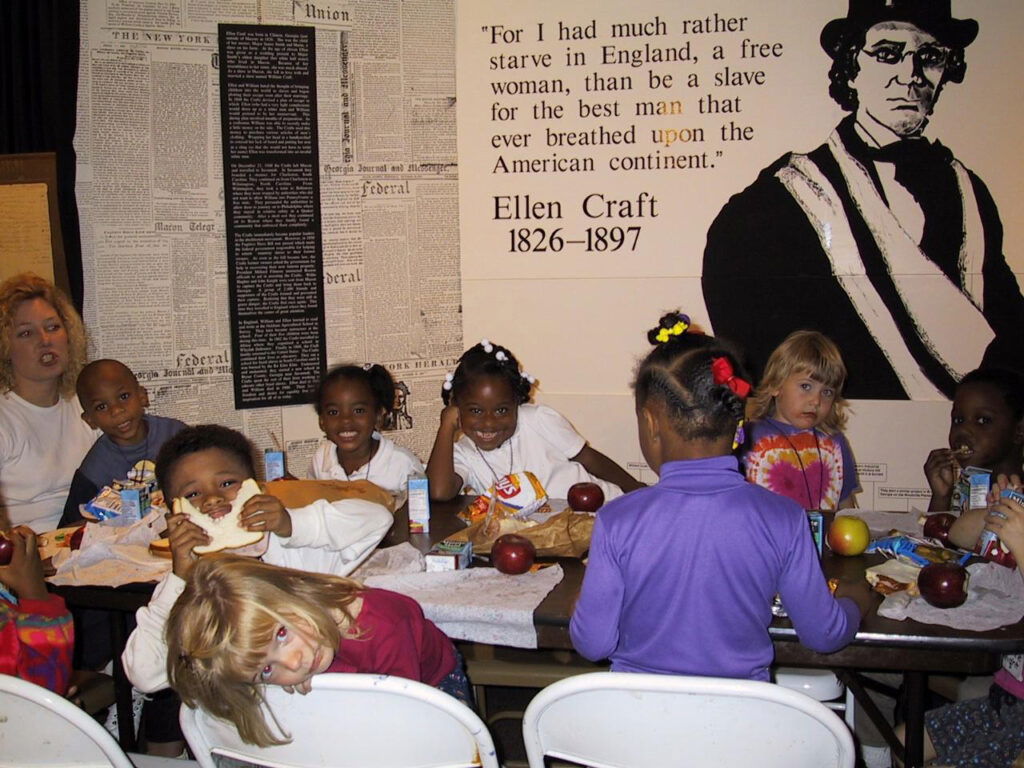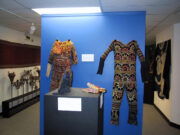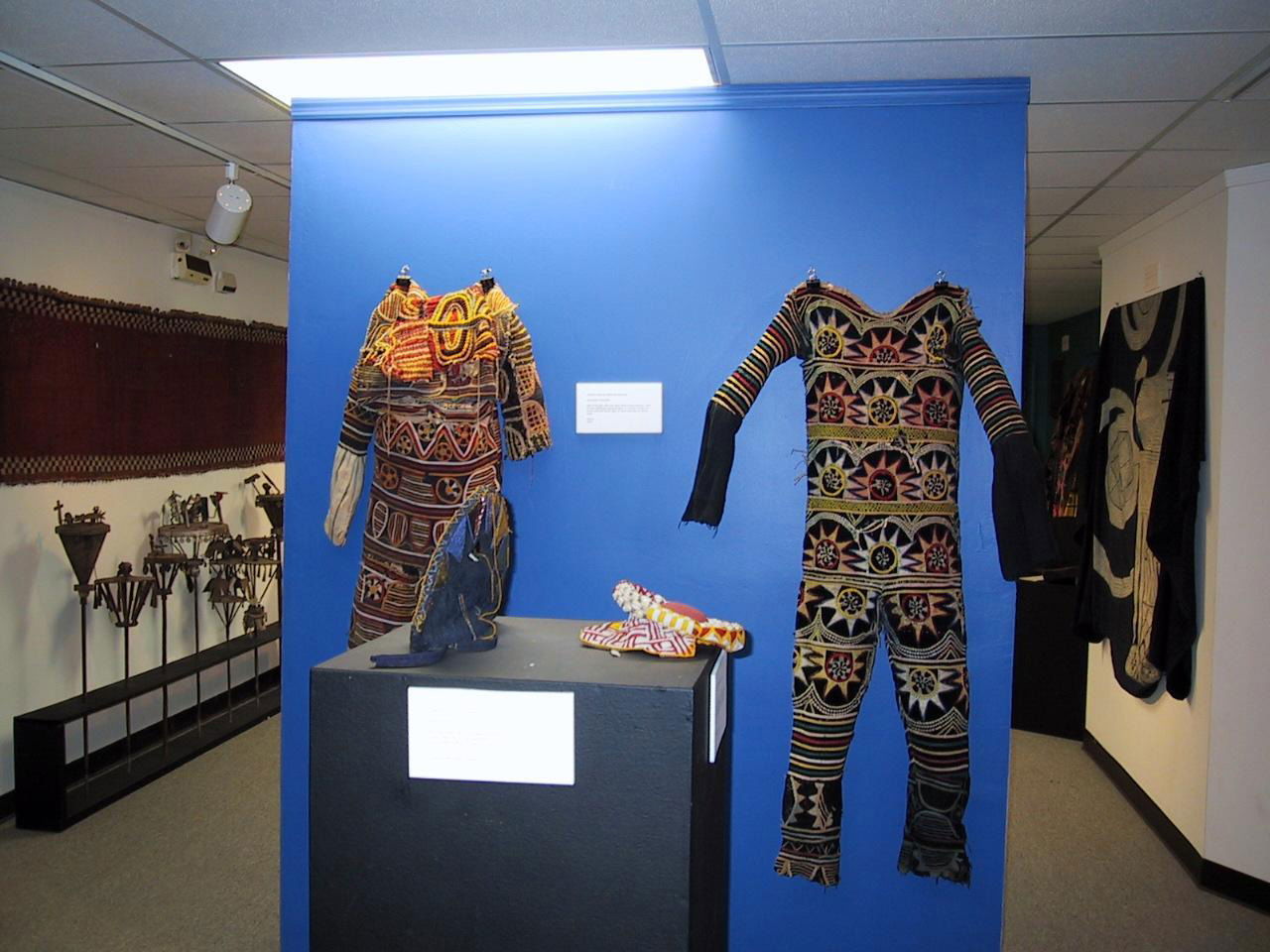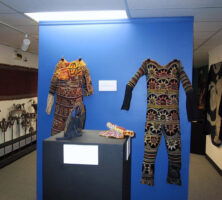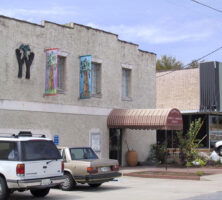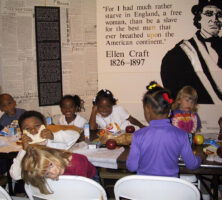The Tubman African American Museum in Macon is the largest of its kind in the Southeast. Founded in 1981, it has grown from a local attraction into a major collection of African American art, artifacts, and documents for national visitors.
A new facility will be a cornerstone of the tourist attractions in downtown Macon, near the Georgia Sports Hall of Fame and the Douglass Theatre. Plans for the 49,000-square-foot building include two 4,000-square-foot galleries devoted to the African American experience from 1619 to the present, with a particular focus on the American South.
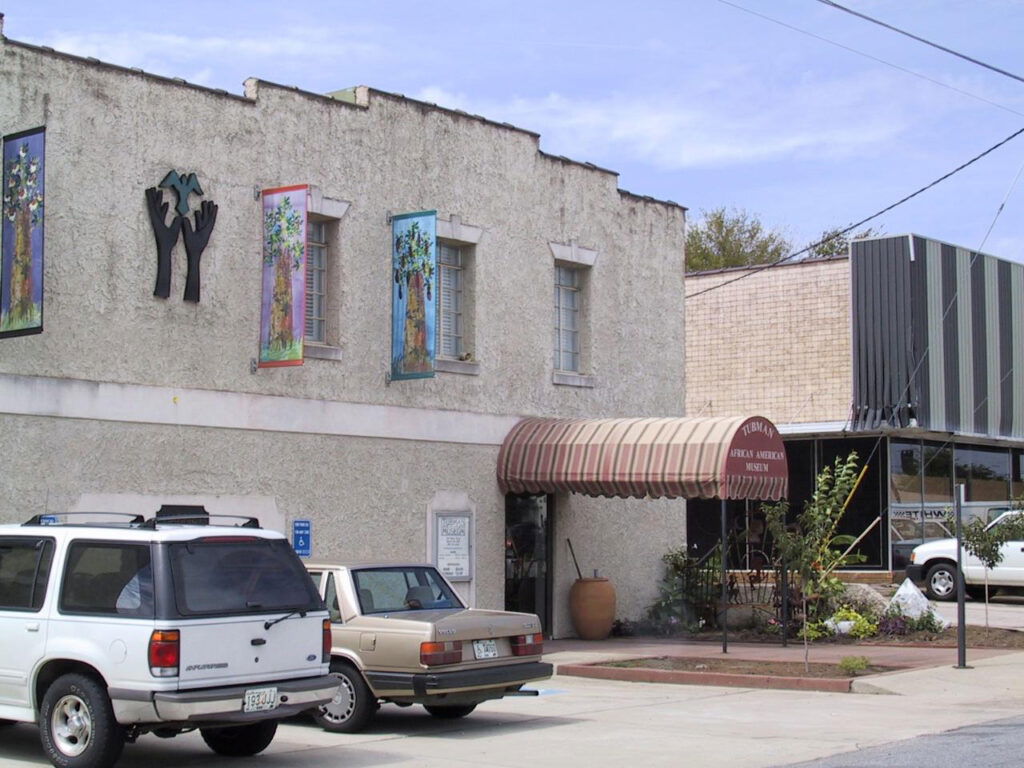
The mission of the Tubman Museum is to educate people about African American art, history, and culture. Historically significant achievements of African American inventors, military leaders, artisans, musicians, writers, artists, and heroes are featured in prominent galleries throughout the museum. One of the most important paintings in the collection is a mural entitled From Africa to America, by contemporary Macon artist Wilfred Stroud. It depicts the journey of Africans to America beginning in 1619 and portrays significant events up to the twenty-first century. A growing resource center offers genealogical information for tracing ancestry as well as a large collection of recent writings about the civil rights movement and other historically significant periods in the African American experience.
In addition to the permanent galleries, several exhibitions throughout the year bring visitors new experiences in African American art and artists. Past presentations include I Dream a World: Portraits of Black Women Who Changed America and Sankofa: A Century of African American Expression in the Decorative Arts. Changing exhibitions from the Noel Collection of African Art feature selections from a world-class collection of African artifacts, including 2,000-year-old Nok figures, Benin bronze, and a tremendous array of jewelry, textiles, and other artifacts. The collection is also used to showcase African influence in American culture.
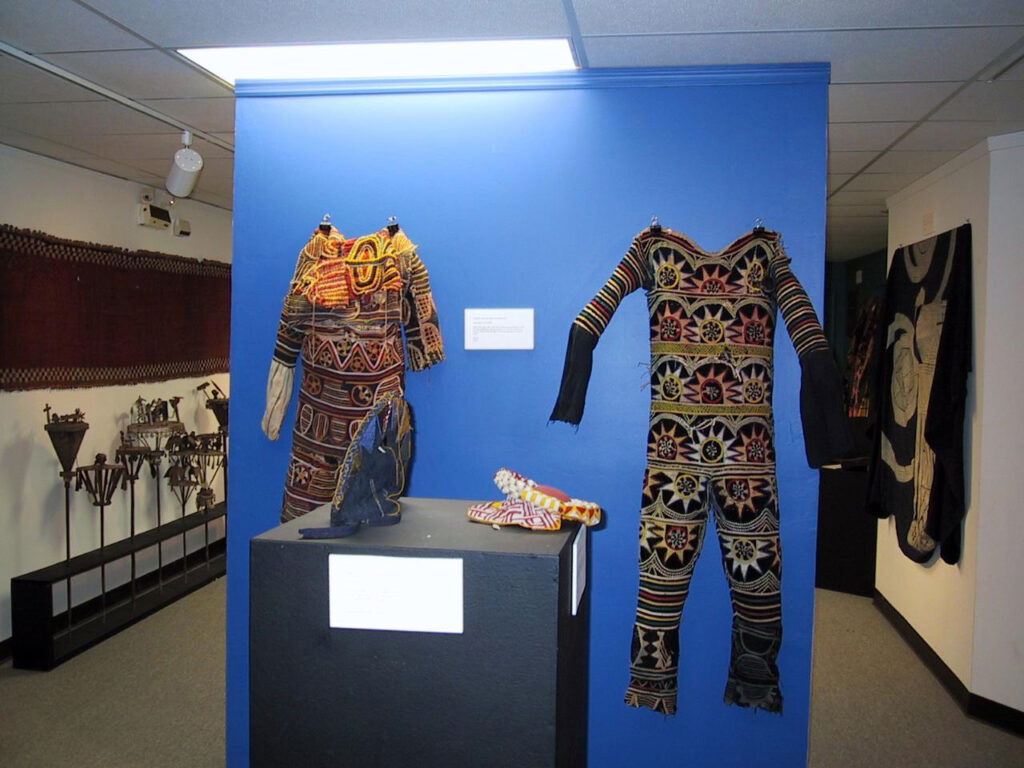
Dancing, drama, drumming, photography, and visual art classes also attract visitors. Home to Georgia’s only African American heritage camps, the Tubman Museum hosts concerts, plays, celebrity storytelling, and regular lectures by such well-known authors as Alice Walker. The Ellen Craft Memorial Lecture honors Ellen Craft, an enslaved woman who escaped with her husband from a middle Georgia plantation to a new life in the North and in England. Museum tours are offered to Bibb County schoolchildren free of charge and to other school groups in the state at a nominal fee. An annual Pan African Festival is a weeklong celebration with live performances, food, and cultural demonstrations.
